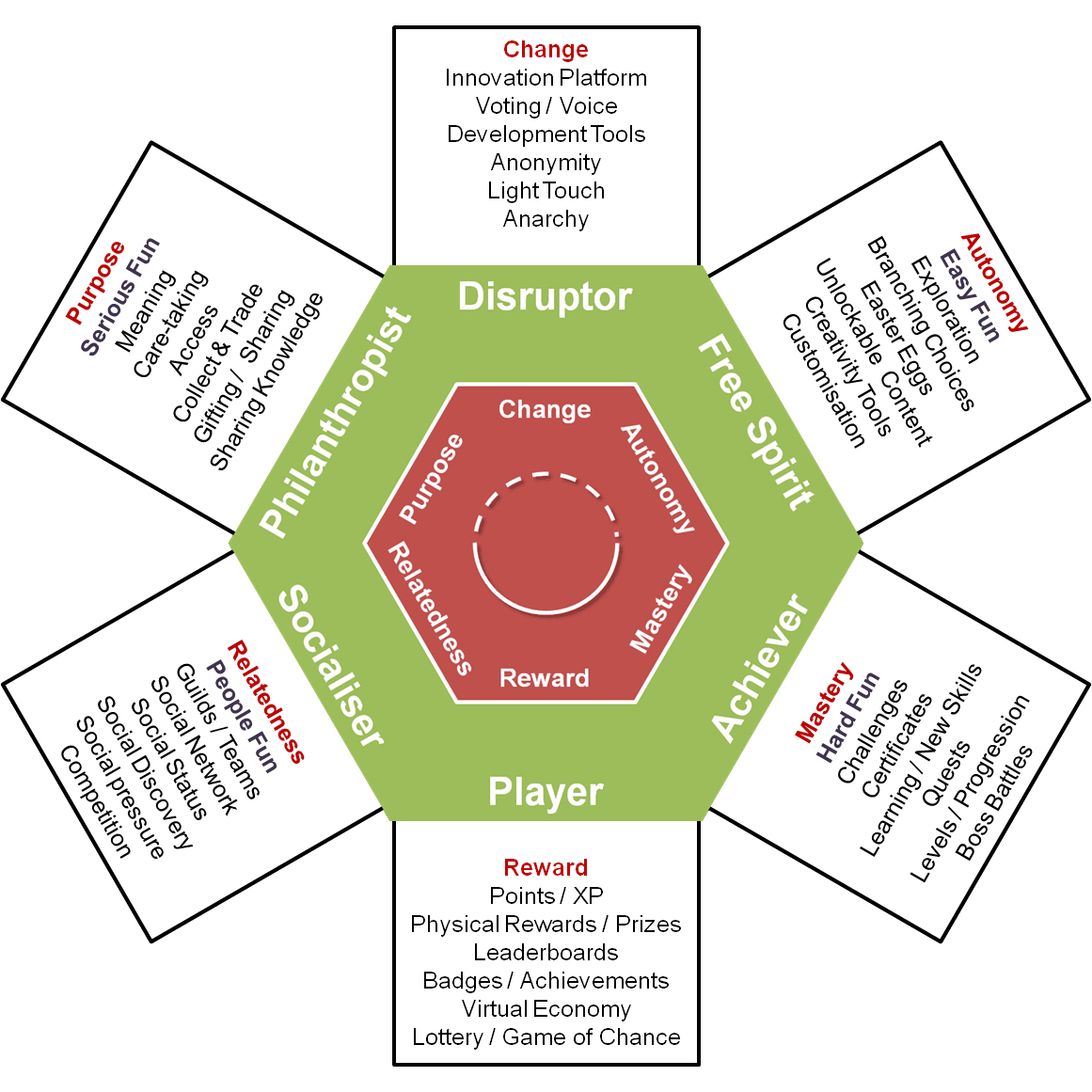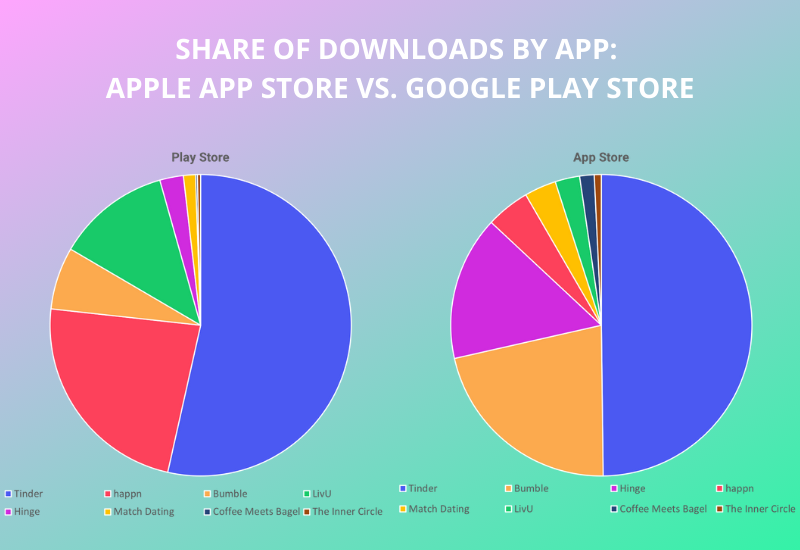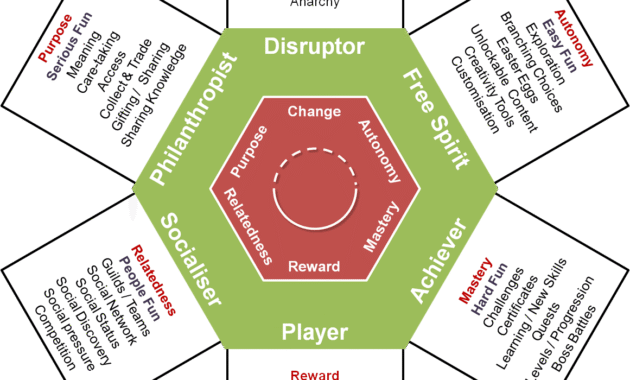The Rise of Audio-Based Dating Apps marks a significant shift in how individuals connect in the digital age. These platforms leverage the power of voice to foster genuine connections, moving beyond the visual-centric formats of traditional dating apps. As users increasingly seek authenticity and deeper engagement, audio-based dating apps provide a unique avenue for exploration and interaction, allowing individuals to express their personalities through voice and sound.
By emphasizing vocal communication over static images, these apps tap into the nuances of human interaction that often get lost in text or photos. The ability to hear a person’s tone, laughter, and inflections can create a more intimate and relatable experience, which many users find appealing. This innovative approach not only caters to those looking for meaningful relationships but also reflects broader social trends towards authenticity and deeper connections in an increasingly digital world.
In recent years, the significance of sustainable practices in various industries has gained considerable attention. These practices not only contribute to environmental conservation but also enhance corporate responsibility, brand loyalty, and economic efficiency. This article aims to explore the concept of sustainability, its implications for businesses, and specific strategies that organizations can implement to promote sustainability in their operations.Sustainability, in its broadest sense, refers to the ability to meet present needs without compromising the ability of future generations to meet their own needs.
The emergence of sustainability as a vital consideration in business strategy is influenced by growing ecological awareness among consumers, regulatory pressures, and the potential for cost savings associated with sustainable practices. According to the United Nations, achieving sustainability requires a balance between economic growth, environmental stewardship, and social equity. Businesses can no longer afford to operate under a model that prioritizes short-term profits at the expense of long-term viability.
The contemporary consumer is more informed and conscious of the environmental and social implications of their purchasing decisions. A 2021 survey conducted by Nielsen found that 81% of global respondents felt strongly that companies should help improve the environment. This statistic underscores the necessity for businesses to integrate sustainability into their core values and operational practices.One of the primary areas where organizations can implement sustainable practices is through resource management.
Efficient use of resources, including energy, water, and raw materials, is crucial for reducing waste and minimizing environmental impact. For instance, companies can adopt energy-efficient technologies, such as LED lighting and high-efficiency HVAC systems, which not only reduce energy consumption but also lower operational costs in the long run. Moreover, implementing water conservation measures, such as rainwater harvesting and greywater recycling, can significantly decrease water usage and associated costs.Another key aspect of sustainability is waste management.
Organizations can adopt a circular economy approach, where the focus is on keeping resources in use for as long as possible. This can be achieved through practices such as recycling, reusing, and refurbishing products. For example, companies like Patagonia have successfully implemented a take-back program, where customers can return used goods for recycling or resale. This not only reduces waste but also fosters brand loyalty and encourages consumers to make environmentally conscious purchasing decisions.Sustainable supply chain management is also essential for promoting sustainability within businesses.
Organizations should evaluate their suppliers based on environmental and social criteria, ensuring that they align with the company’s sustainability goals. This may include sourcing materials from suppliers who practice sustainable agriculture, using renewable energy, or ensuring fair labor practices. The implementation of a sustainable supply chain not only bolsters a company’s reputation but also mitigates risks associated with supply chain disruptions caused by environmental regulations or resource scarcity.Furthermore, organizations can leverage technology to enhance their sustainability efforts.
Digital tools such as big data analytics, the Internet of Things (IoT), and artificial intelligence can provide valuable insights into resource usage and operational efficiency. For instance, smart building technologies can optimize energy consumption by adjusting lighting and temperature based on occupancy patterns. Similarly, IoT-enabled sensors can monitor environmental conditions in real time, allowing companies to respond swiftly to potential issues, such as equipment malfunctions that could lead to resource wastage.Corporate social responsibility (CSR) is another critical element of a sustainable business strategy.
Companies that engage in CSR initiatives not only contribute to societal well-being but also enhance their corporate image and build stronger relationships with stakeholders. These initiatives can range from community development programs to employee volunteerism and philanthropy. By actively participating in social causes, organizations can foster a culture of sustainability among their employees and create a sense of purpose that transcends mere profit generation.It is also important to understand the role of regulations and certifications in promoting sustainable practices.

Governments around the world are increasingly implementing policies aimed at reducing carbon emissions and promoting sustainable development. Businesses must stay informed about these regulations and adapt their practices accordingly to remain compliant. Additionally, obtaining sustainability certifications, such as ISO 14001 for environmental management or LEED certification for green buildings, can enhance a company’s credibility and demonstrate its commitment to sustainability.Consumer engagement plays a pivotal role in the success of sustainability initiatives.
Organizations should strive to educate their customers about the importance of sustainability and how their products contribute to a more sustainable future. This can be achieved through marketing campaigns that highlight sustainable practices, transparency in sourcing and production processes, and engaging in dialogues with consumers about their sustainability goals. By fostering an informed consumer base, companies can create a community of advocates who support and promote their sustainable practices.Moreover, collaboration among businesses, governments, and non-profit organizations is crucial for addressing global sustainability challenges.
By forming partnerships, organizations can share resources, knowledge, and best practices, leading to more innovative and effective solutions. Initiatives such as the United Nations Global Compact encourage businesses to adopt sustainable and socially responsible policies, fostering a global movement towards sustainability.In conclusion, sustainability is no longer just a buzzword; it has become a crucial aspect of modern business operations. By adopting sustainable practices in resource management, waste management, supply chain management, and corporate social responsibility, organizations can not only reduce their environmental impact but also create economic value and enhance their corporate reputation.
The integration of technology and collaboration among stakeholders further strengthens these efforts. As consumers continue to prioritize sustainability, businesses that embrace these practices will be better positioned for long-term success in an increasingly competitive market. Stakeholders, including consumers, employees, investors, and communities, expect businesses to take a proactive role in addressing sustainability challenges and contribute positively to society and the environment.











